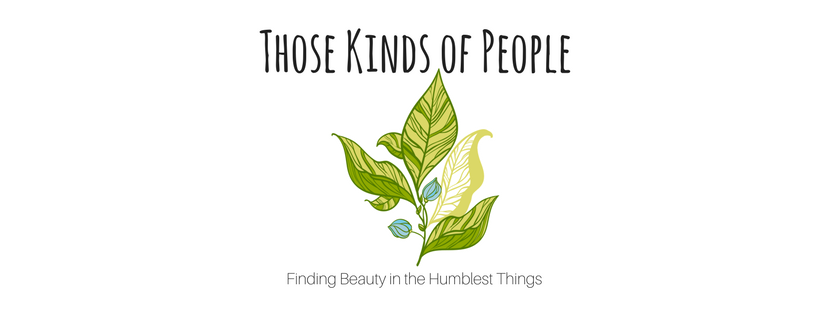
I’ve joined several budgeting groups lately, as I am working really hard to up my frugality game. A couple days ago, several people recommended that I (or the world at large) try a certain app that would save you 80 to 90% off of products if you were patient enough to wait for several weeks for them instead of buying them on Amazon.
I downloaded the app and quickly started making a wish list of items. Because I’ve lost some clothing sizes recently, I started in the clothing area. I spent upwards of two hours making a wish list filled with all of the linen dresses and leather shoes that I would love to wear but have never bought for myself. And then I turned off my phone because I knew I wouldn’t actually buy them since I’m still in the process of losing weight. As I lay in bed last night, I realized that this app had quickly taken away my contentment with what I had. By making wish lists, I had told myself a lie that I would be happy if I had those items—that purchasing those items would give me a better, happier life. That by owning linen dresses and cute loafers, I would have achieved some status symbol.
I turned on the lights, turned my phone back on, and deleted the app.
You see, no amount of money saved is worth losing your contentment. By putting an app on my phone that would constantly remind me of the things that I didn’t have that I could buy FOR CHEEEEEEEEEAPPPPPPP (I imagine my phone scream-whining at me), I was actually putting myself in two forms of harm’s way. 1) I was intentionally tempting myself to spend more money, justifying that things cost so little, so therefore I must buy. 2) I was intentionally allowing myself to dwell on what I didn’t have instead of being grateful for what I did.
I’ve made some goals about the ways I spend money for the next year. One of the ways that I’m sharing publicly is that I won’t be buying any new books unless they are specifically on a list that I’ve already made for curriculum purchases. I’m going to be reading books that I’ve already got or books from the library.
Part of being responsible fiscally is saying no when you could justifiably say yes, in order to achieve a state of financial success later on.
For futher reading on contentment, I’d suggest this passage from E.M. Bounds.
“Gratitude and thanksgiving forever stand opposed to all murmurings at God’s dealings with us, and all complainings at our lot. Gratitude and murmuring never abide in the same heart at the same time. An unappreciative spirit has no standing beside gratitude and praise. And true prayer corrects complaining and promotes gratitude and thanksgiving. Dissatisfaction at one’s lot, and a disposition to be discontented with things which come to us in the providence of God, are foes to gratitude and enemies to thanksgiving.”
